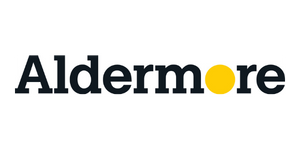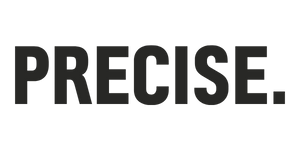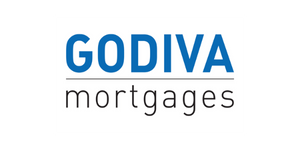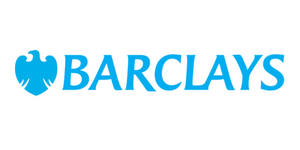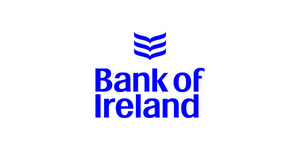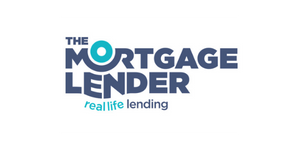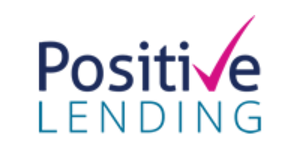Getting a self-employed mortgage with 1 years accounts
Getting a mortgage when you’re self-employed became a little trickier following the end of self-certification. In the current market lenders are required by regulation to seek proof of income. This is taken as evidence of a borrower’s ability to repay a loan, in order to show that the lender has ‘lent responsibly’.
Many lenders require three year’s business accounts to prove income – but what if you’ve been trading for less time than that? The good news is that it is possible to get a mortgage if you’ve only got one year’s accounts. You may need to shop around and possibly use a mortgage broker, but it can be done.
HOW TO GET A MORTGAGE WITH 1 YEARS ACCOUNTS
Much will depend on the lender that you speak to, as approaches and attitudes can vary greatly from one to the next. In general, if they are open to the idea, a lender will ask for much more information than simply the accounts or your tax calculations. They may ask for projections, assets and information about your employment before you started your own business.
As a rule of thumb, you will need to have been working in a similar trade or profession prior to being self-employed. Furthermore, your previous income and employment history will play a part in the underwriting process.
If the application is to be successful, both you and the lender will need to consider the loan-to-value ratio of the mortgage against the property. Providing a larger than average deposit or level of equity to invest in the property will give you more leverage when it comes to the deal.
This is because it will help the lender to feel more comfortable with the risk of lending to you. Showing your commitment to the mortgage in this way might also mean you are able to get a better interest rate.
HOW TO PROVE YOUR INCOME WITH 1 YEAR'S ACCOUNTS
Lenders will usually use either your accounts or your self-assessment SA302 year-end tax calculation as evidence of your income. If you want to use your accounts, most lenders require them to have been prepared by a certified or chartered accountant.
How much can I borrow with 1 year’s accounts?
As a general guide, whether you’re employed or self-employed, you can normally borrow a maximum of the equivalent of 5 times your proven annual income. Although, some lenders may consider less, such as of 4 or 4.5.
With one year’s accounts, you might typically be required to have a deposit of at least 10% available (or equivalent equity, if remortgaging) and the lender will typically look for a good credit history.
WHAT IF I WANT TO BORROW MORE THAN WOULD GENERALLY BE OFFERED?
Under certain circumstances, for example, if you have an especially high income – and providing ability to repay can be shown, it’s possible the amount you can borrow may be increased.
Alternatively, supposing you’re well into your second year of trading and are having a better year, you may be able to boost your borrowing based on your accounts for the current tax year. Even if they haven’t yet been declared to HMRC – this will depend upon the underwriting policies of the individual lender.
For example, if your income in your finalised accounts for the previous year’s trading was £30,000, but you’ve already hit that figure nine months into the current year, then a lender may be prepared to accept projected figures provided by a qualified accountant when deciding how much to lend. That could make a difference between being able to borrow the equivalent of 5 x £30,000 (£150,000) and 5 x £40,000 (£200,000).
FINDING THE BEST MORTGAGE LENDER WITH 1 YEAR’S ACCOUNTS
Although there are some high street lenders who will consider lending to self-employed people with only one year’s accounts but, other lenders, their criteria can be quite narrow. To fulfil your aims as a property owner, you might need to consider approaching one of the niche-market specialist lenders available.
These lenders have geared their assessments and criteria around borrowers whose needs are not met by the high street banks. Therefore, allowing for alternative ways of earning a living or verifying income.
Some examples of those we have worked with include:
Not all mortgage brokers have access to these specialist lenders. However, at IMC Mortgage Brokers we work with all these and more in our efforts to find the right mortgage for the self-employed with 1 year's accounts. These lenders understand the nuances of income, allow for your previous experience in your trade and recognise that not all income can be measured by the salary you pay yourself.
If you’re looking to obtain a self-employed mortgage with 1 year’s accounts, why not reach out today? Our expert mortgage advisors are on hand to discuss you situation over a free consultation.
CAN I REMORTGAGE WITH 1 YEAR’S ACCOUNTS?
Just as it is with obtaining a normal mortgage, it can also be possible for a self-employed person to remortgage using just one year’s accounts. The process will be very similar to obtaining a remortgage if you were employed. Although there may be a stronger case for sticking with your current lender, as they will already know that you are keeping up with mortgage payments and have a decent idea of your history as a borrower.
However, if your current lender is a high street or mainstream mortgage provider, then you could hit a stumbling block if you no longer meet their criteria for lending. Which could lead to your remortgage enquiry being declined.
Another factor to consider will be why you are remortgaging and what you are planning to use the money for. If you are simply looking for a better interest rate, then things will be smoother. However, if you’re consolidating debts or taking equity out of your property, then the application may become more complex.
As ever, with more complex income mortgages using a mortgage broker can make all the difference. Their experience in the market can help you prepare your application in the best light to lenders. If you’re self-employed and are looking to remortgage, reach out today.
SPECIALIST SELF-EMPLOYED MORTGAGE ADVICE
If you’re self-employed and have only been trading for a year, then you won’t have more than one year’s accounts. In turn, making it difficult to secure a mortgage with the majority of lenders on the market. Therefore, you’ll need to work with one of the many specialist lending companies catering to the needs of niche-market applicants.
The specialist advice offered by those such as our team at IMC Mortgage Brokers will give you the best possible chance of securing the mortgage you need. This will mean you get unbiased, reliable recommendations on which lenders will be the best fit for your needs and circumstances. As well as guidance on how to make your application as strong as it can be.
So, if you’re looking to obtain a self-employed mortgage, get in touch today and you can organise a free no-obligation consultation.




